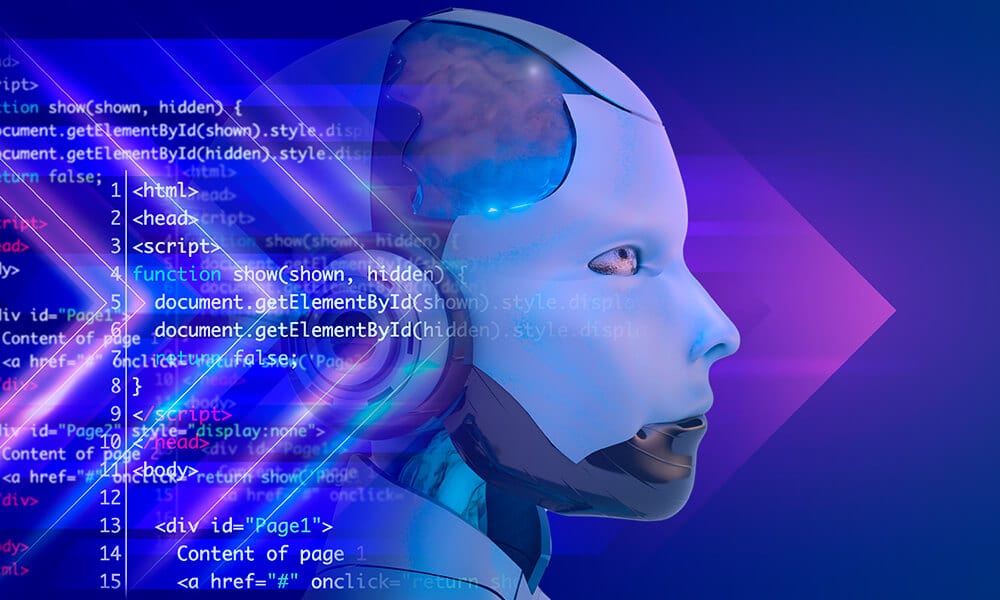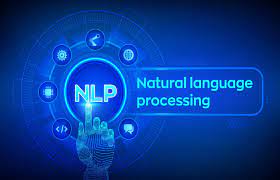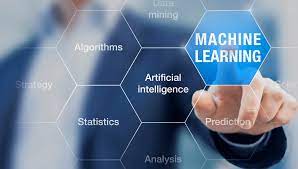Content
- Top 12 Examples of Machine Learning in Healthcare
- Claims Adjudication: We offer specialized claims adjudication. Get more information on our claims adjudication.
- Administrative applications
- Key Differentiators
- Automating image diagnosis
- Lack of quality data
- Applications of Machine Learning in Healthcare Industry
Google has already launched an algorithm that successfully identifies cancer in mammograms, while scientists from Stanford University can identify skin cancer thanks to Deep Learning. Artificial Intelligence is in charge of processing thousands of different data points, predicting risks and outcomes with precision, as well as many other functions. Berg’s Interrogative Biology platform employs machine learning for disease mapping and treatments in oncology, neurology and other rare conditions. Using patient-driven biology and data, cell models and clinical data, the company allows healthcare providers to take a more predictive approach rather than relying on trial-and-error experimentation. Insitro combines machine learning and computational biology to make drug development more efficient and cost-effective. After building predictive models from massive biological data sets, the company applies machine learning to sift through this data and reveal crucial trends, such as new disease subtypes. Health professionals at Insitro can then adjust drugs and medicines to better protect patients from evolving diseases.
- It is a very hard task to effectively predict liver disease using enormous amounts of medical data; however, there have already been some significant shifts in this area.
- With the amount of data generated for each patient, machine learning algorithms in healthcare have great potential.
- In addition, we have to accept the fact that we still struggle with a lack of information on the origin of rare diseases and the link of these diseases to particular characteristics of people afflicted with an illness.
- Despite certain challenges, the benefits of ML in healthcare outweigh them significantly.
- There may be thousands of hidden features in such models, which are uncovered by the faster processing of today’s graphics processing units and cloud architectures.
These technologies have the potential to transform many aspects of patient care, as well as administrative processes within provider, payer and pharmaceutical organisations. NIX United is a software engineering company that can help develop a custom machine learning-based software solution for your healthcare goals on an end-to-end development cycle. Our technical knowledge and experience in the industry will help you reach your goals and bring your vision to life. Overall, electronic health records were not built to be used as a data source for an algorithm. So, before you apply a machine learning tool, you’d need to spend time gathering, cleaning, validating, and structuring data for its purposes.
Top 12 Examples of Machine Learning in Healthcare
This has limited the use of technology for anomaly identification, case grouping, and overall disease research. Fortunately, the digitalization of the process has led to more opportunities with these types of data analysis, including with the help of machine learning. The increasingly growing number of applications of machine learning in healthcare allows us to glimpse at a future where data, analysis, and innovation work hand-in-hand to help countless patients without them ever realizing it. ConcertAI uses machine learning to analyze oncology data, providing insights that allow oncologists, pharmaceutical companies, payers and providers to practice precision medicine and health.
Tempus aims to make breakthroughs in cancer research by gathering massive amounts of medical and clinical data to deliver personalized treatments for patients. Analyzing its data library with AI-powered algorithms, Tempus helps with genomic profiling, clinical trial matching, diagnostic biomarking and academic research. There are also several firms that focus specifically on diagnosis and treatment recommendations for certain cancers based on their genetic profiles. Since many cancers have a genetic basis, human clinicians have found it increasingly complex to understand all genetic variants of cancer and their response to new drugs and protocols. Firms like Foundation Medicine and Flatiron Health, both now owned by Roche, specialise in this approach. One of the well-known successful examples of machine learning in healthcare is the InnerEye project from Microsoft. Its initial focus was on 3D radiological images, where ML tools were built to differentiate healthy cells and tumors.
Claims Adjudication: We offer specialized claims adjudication. Get more information on our claims adjudication.
Implementing machine learning in an organization’s workflow can develop a personalized user experience that allows the company to make better decisions and better actions that enhance the customer’s experience which benefits the organization. Personalized treatments can not only be more effective by pairing individual health with predictive analytics but is also ripe are for further research and better disease assessment. Currently, physicians are limited to choosing from a specific set of diagnoses or estimate the risk to the patient based on his symptomatic history and available genetic information. But machine learning in medicine is making great strides, and IBM Watson Oncology is at the forefront of this movement by leveraging patient medical history to help generate multiple treatment options. In the coming years, we will see more devices and biosensors with sophisticated health measurement capabilities hit the market, allowing more data to become readily available for such cutting-edge ML-based healthcare technologies. Today, technology-enabled healthcare is a reality as smart medical devices become a widespread thing. The healthcare industry welcomes the innovation; that’s why the future of AI in healthcare is very bright.
We’ve described these technologies as individual ones, but increasingly they are being combined and integrated; robots are getting AI-based ‘brains’, image recognition is being integrated with RPA. Perhaps in the future these technologies will be so intermingled that composite solutions will be more likely or feasible. Machine learning is a statistical technique for fitting models to data and to ‘learn’ by training models with data. When it comes to most dangerous diseases, identifying them in the early stages can raise the chances of successful treatment significantly. This also helps to identify the possibility of any potential worsening of the patient’s state before it happens. ML software development company that can offer a number of security options to ensure your customer data is appropriately handled. A combination of supervised and unsupervised algorithms under machine learning provides better assistance to doctors in the early detection of diseases.
Administrative applications
Naive Bayes is the most efficient among them in terms of performance and computation time. In addition, we have to accept the fact that we still struggle with a lack of information on the origin of rare diseases and the link of these diseases to particular characteristics of people afflicted with an illness. Along those lines, some Machine Learning in Healthcare startups help the industry with new methods of analyzing patients’ photos and tracing features. So, Machine Learning in Healthcare algorithms are mostly Artificial Neural Networks. These are a complicated system of artificial neuron layers linked to each other and pre-trained on a dataset of damaged cell pictures to “memorize” the appearances of harmful cells.
It not only damages a person’s health on its own, but it also causes many other serious illnesses. Classification algorithms like KNN, Decision Tree, and Naive Bayes could be a basis to build a system that predicts diabetes.
Key Differentiators
Afterward, valuable clinical insights are made to help doctors compose a treatment plan and provide the best care as a result. Possible outcomes help them estimate how much the procedure will cost — thus, making treatment more affordable.
How is AI and machine learning used in healthcare?
Artificial intelligence and machine learning in healthcare will continue to get better and impact disease prevention and diagnosis, extract more meaning from data across various clinical trials, help develop customised drugs based on an individual's unique DNA and inform treatment options among other things.
Since ML-based algorithms learn from the multitude of different samples available on-hand, it becomes easier to diagnose and find the variables. One of the most popular uses of machine learning in medical image analysis is the classification of objects such as lesions into categories such as normal or abnormal, lesion or non-lesion, etc. Google’s DeepMind Health is actively helping researchers in UCLH develop algorithms which can detect the difference between healthy and cancerous tissue and improve radiation treatment for the same. We believe that AI has an important role to play in the healthcare offerings of the future. In the form of machine learning, it is the primary capability behind the development of precision medicine, widely agreed to be a sorely needed advance in care.
Making diagnoses via image analysis.
They successfully found two drugs that could help reduce the risks of the epidemic. Another great application is using Machine Learning at the first levels of drug discovery for patients.









